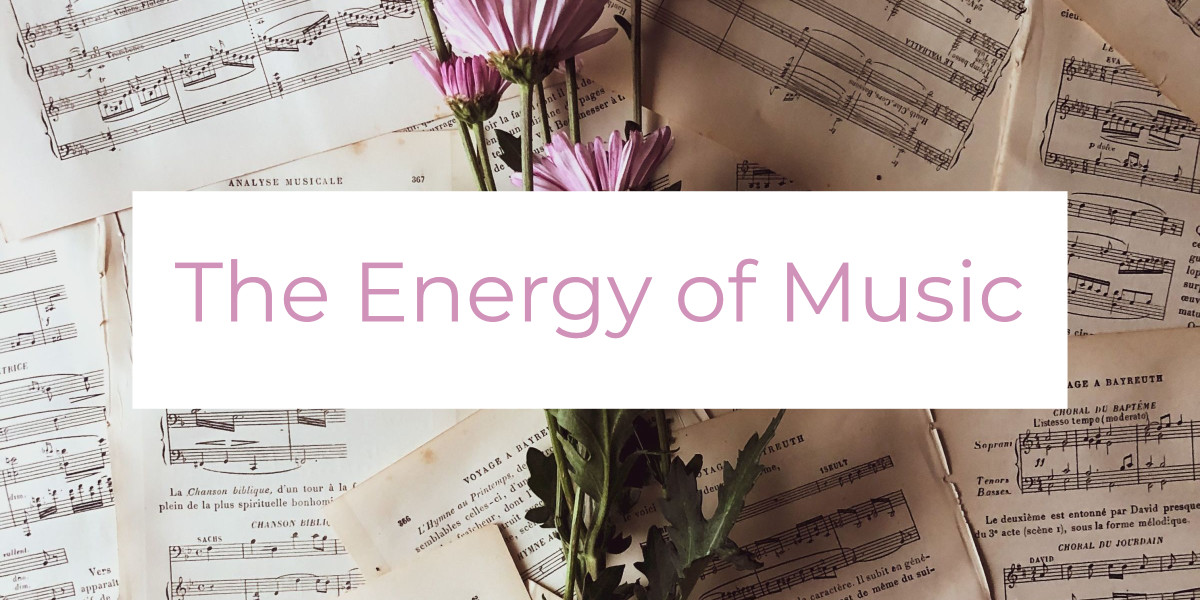
Does your choice of music heal you or harm you?
Why does NASA study a sound healer’s music?
Why does a Boston hospital employ a harpist to play for patients?
And why do drug addicts who listen to rap music rarely recover from their addictions?
It’s the energy of music
Following on from The Arm Formula, regarding the science of muscle-testing – where various stimuli cause muscles to become strong or weak – I’d like to share with you some of the findings on music that has come out of that research.
In the book Power vs. Force, Dr. Hawkins and his team found that “virtually all classical music and most pop music (including ‘classic’ rock and roll)” made everyone they tested go strong, whereas heavy metal, punk rock, and rap music made everyone they tested go weak.
This was a universal response regardless of personal music preferences, i.e. you could absolutely love heavy metal music but it would still make you test weak (meaning it’s not good for you.)
This weakening effect is a big deal because one study on addiction recovery showed that “drug abusers don’t recover” if they continue listening to these weakening types of music.
That’s worth letting sink in for a while.
The body becomes weak or strong in response to negative or positive stimuli – including music
In The Arm Formula, we saw that: the body inherently knows if something is good for it or not; the body is able to discern truth from falsehood; the body becomes weak or strong in response to negative or positive stimuli.
Well, let’s take that formula and expand on it because what is really happening is that the body becomes weak or strong in response to positive or negative ENERGY – and in the case of this particular formula, the positive or negative energy of music.
Test your own music
This is something you can prove to yourself.
How do you feel when you listen to different kinds of music? Are there certain types of music that make you feel happy and uplifted? Are there certain types of music that make you feel sad and depressed? What if you muscle-tested yourself whilst exposed to different kinds of music that make you happy or sad? What do you think you’d find out?
Dr. Hawkins encourages people to go through their personal music collection as an eye-opening experiment. It certainly opened my eyes when I tested my own music collection; I ended up deleting about 30% of my iTunes library.
You could, of course, do the same for your book collection or movie collection, but for now, we’ll just focus on music.
So let’s say you’ve identified the music that makes you test strong (creates a positive, supportive energy field) rather than the music that makes you test weak (creates a negative, destructive energy field) – then what?
You can use positive music in any situation where support and uplifting is called for, whether it is addiction recovery or you are stuck with what to write for a blog post (I have a particular piece of music I play when I can’t seem to find the words to express myself.) The possibilities are endless.
Some music recommendations
Here’s a selection of some of my favourite music that I test strong to:
Agnus Dei – Michael W. Smith
Angel – Mark Stanton Welch
A Prayer to Dispel Sickness and Harm – Kelsang Chukie Tethong
Archangel Ariel – Mark Watson
Ave Maria – Faryl Smith
Bliss Om Namah Shivaya II – Robert Gass & On Wings of Song
Hiding Excalibur – Rob Lane & Rohan Stevenson
Light on Water – Dana Cunningham
Namah Shivaya – Krishna Das
O Come, O Come, Emmanuel – Handsome and Gretyl
Peaceful Music – Harp of Love
Planet Earth Forever – Jo Blankenburg
Rebirth – George Raphael
Reflections – Sona Jobarteh
The Secret Life of Daydreams – Jean-Yves Thibaudet
Any music by Mark Romero
NASA studied a musician and sound healer
For example, I read how one man used to hate family gatherings because of all the bickering and fighting that would inevitably happen. That was until one Thanksgiving when he had had enough and decided to play the music of sound healer Mark Romero in the background. Predictably, family harmony reigned and there was no bickering or fighting that day.
Mark happens to be a gifted musician and sound healer. His music has been studied by NASA, not only because it’s the kind people test strong to, but it can also override the weakening effect of negative stimuli, for example, electromagnetic fields given off by mobile phones.
The energy from mobile phones makes people test weak, however, NASA discovered that by simply playing Mark’s music at the same time as being exposed to a mobile phone, people will test strong.
You can watch several videos of Mark demonstrating this weakening/strengthening response here.
I was so impressed by Mark’s music that I incorporate it into my client coaching work, as my work specifically deals with creating new energy patterns for people who’ve been chronically negative – and therefore experiencing negative results – for a long time. When you can get people to shift from these negative to positive energy states that is when miracles happen – and music is one way to support that shift.
Music therapy in a Boston hospital
There are, of course, many studies now on the power of music to heal and bring about positive results.
For example, whilst taking part in a sleep research study at a Boston hospital, I met harpist Nancy Kleinman who was employed by the hospital to play for sick patients. Some days she will just play in the lobby, which is where I found her, and other times she will play at bedsides or in the operating room
The hospital that employs her obviously knows the value of music and cites research that links music to an increase in the diameter of blood vessels, decreased blood pressure, reduced anxiety, and so on.
You have almost certainly experienced these kinds of results yourself, whether you were aware of it or not.
Use this information to make a positive impact in your life
Music has an impact on all of us, the only question is what kind of impact – positive or negative?
I hope you experiment with this formula and prove to yourself the energy of music.
Louise x


